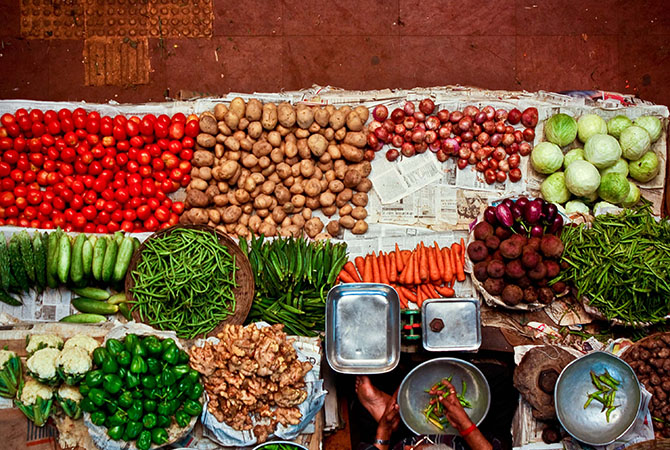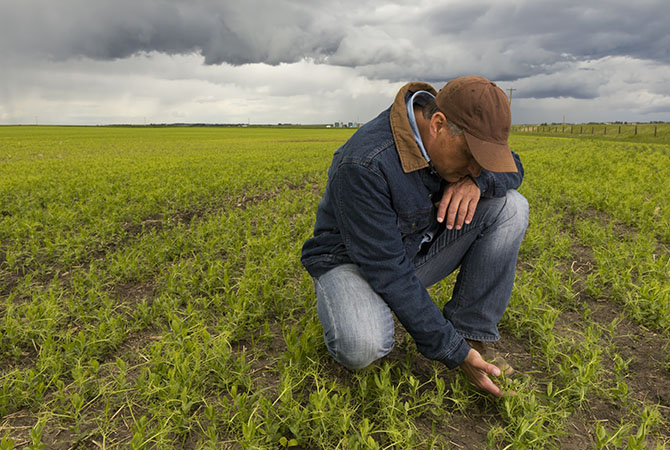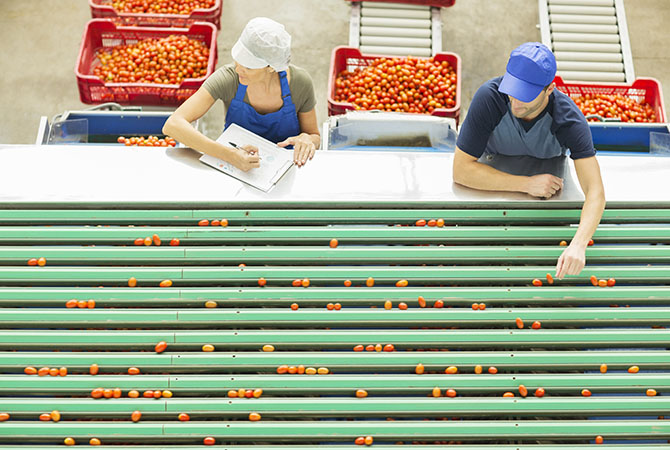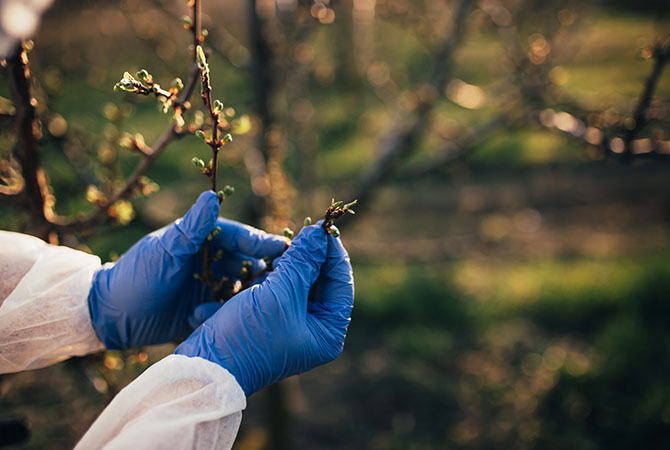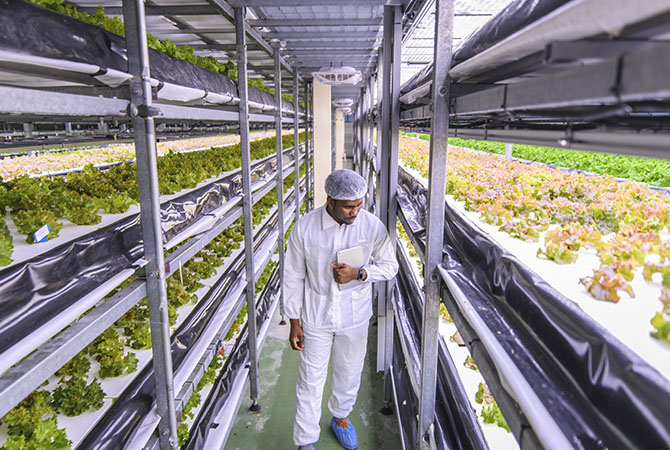Local AI provides high performance, offline analysis for agriculture challenges that can improve soil quality, plant health, and crop yield in order to produce more food, reduce environmental impact, and enable sustainable farming practices.
According to the UN Food and Agriculture Organization, nearly one third of the world’s food production was wasted or lost, while more than 820 million people went hungry in 2018.
To feed the world sustainably, producers will need to increase output while aiding in the reduction of negative environmental impacts, such as erosion, nutrient loss, and greenhouse gas emissions.
